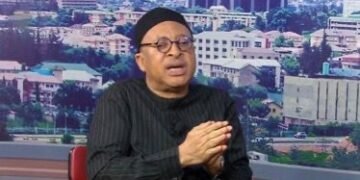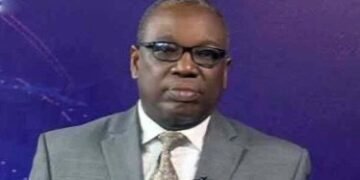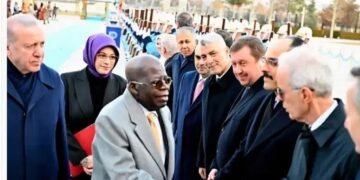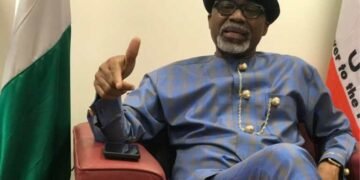By Charles Igwe
More than two days after a deadly attack claimed the lives of over 200 people in Yelwata, a community in Guma Local Government Area of Benue State, the Nigerian Presidency issued a statement—trailing behind a public reaction already delivered by Pope Leo XIV from the Vatican.
The attack, which occurred overnight between June 13 and 14, targeted a settlement where many internally displaced persons (IDPs) had been taking refuge, including within a local Catholic mission. Eyewitnesses and survivors described harrowing scenes, with entire families killed in their sleep and large portions of the community razed. The incident marks one of the deadliest single attacks in recent times within the Middle Belt region, an area frequently plagued by communal violence.
Pope Leo XIV was the first global figure to respond publicly to the massacre. Speaking during his Sunday Angelus on June 16 at St. Peter’s Square, he called the event a “terrible massacre,” offered prayers for the victims, and expressed solidarity with the people of Benue. He highlighted the vulnerability of rural Christian communities and displaced populations, calling for renewed efforts toward justice and peace in Nigeria.
“I pray for security, justice, and peace in Nigeria,” the Pope said. “Particularly for the people of Benue, who have long suffered from recurring violence.”
The Pope’s early response has intensified scrutiny of the Nigerian government’s delayed communication. The President’s statement came more than 48 hours after the attack, prompting questions about the administration’s responsiveness and prioritization of national tragedies.
Human rights organisations, including Amnesty International Nigeria, condemned both the attack and the slow reaction from authorities. In a statement, the group called for urgent action to prevent further bloodshed in Benue State and criticized what it described as “a pattern of negligence” in protecting vulnerable communities.
“The people of Yelwata were not just failed by security agencies,” a spokesperson said, “they were failed by a government that continues to react too slowly in the face of consistent threats.”
Civil society actors and international observers have also pointed to the symbolic weight of the Pope’s prompt statement compared to the silence from Aso Rock. For many Nigerians, the delay in the federal government’s response reflects a broader governance challenge—particularly in the country’s Middle Belt, where cycles of violence against rural communities often occur with limited official acknowledgment.
The massacre in Yelwata has reignited public discourse about the state’s capacity—and willingness—to address the root causes of recurring violence in regions such as Benue. As survivors begin to mourn and rebuild, broader concerns linger about accountability, impunity, and leadership in times of national crisis.







































